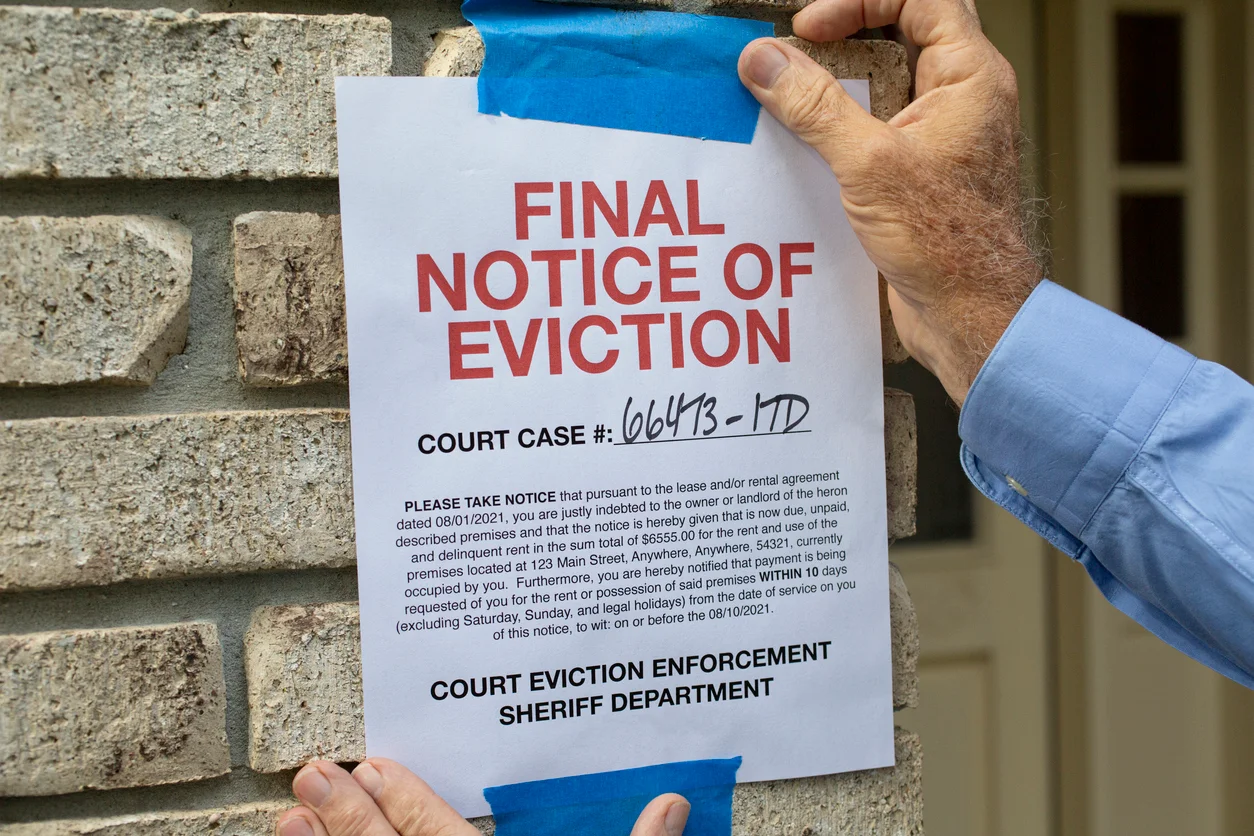Navigating the waters of rental agreements and the laws that govern them can be complex, especially when it comes to the unfortunate circumstance of eviction due to non-payment of rent. Both landlords and tenants must understand their rights and the procedures involved in such situations.
The Beginning: Notice of Non-Payment
The eviction process typically begins when a tenant fails to pay rent on time. Landlords are required to provide a formal notice to the tenant. This notice varies by jurisdiction but generally includes details like the amount due, the deadline for payment, and the consequences of non-payment.
Legal Requirements and Time Frames
Once the notice period expires, if the tenant has not paid the due rent or vacated the premises, the landlord can proceed with filing an eviction lawsuit. It’s important to note that the specific time frames and legal requirements vary significantly from one location to another. Landlords must follow these legal protocols meticulously to avoid invalidating the eviction process.
Court Proceedings
During the court proceedings, both the tenant and landlord will have the opportunity to present their case. Tenants can raise defenses, such as proof of payment, or argue that the eviction is retaliatory. The court then makes a decision based on the evidence and arguments presented.
Eviction and Possession
If the court rules in favor of the landlord, it will issue an order of eviction. This order allows the landlord to regain possession of the property. In most jurisdictions, a law enforcement officer, not the landlord, carries out the eviction. It’s illegal for landlords to forcibly remove tenants or their belongings without a court order.
After the Eviction
Post-eviction, there are often protocols for how tenants can retrieve their belongings. Tenants may also face additional financial consequences like being held responsible for the remaining rent due under the lease, court costs, and attorney’s fees.
Preventive Measures and Resources
For tenants, it’s crucial to understand the importance of timely rent payments and to communicate proactively with landlords in case of financial difficulties. There are often resources and assistance programs available to help tenants facing financial hardships.
For more detailed information and resources on the eviction process due to non-payment of rent, consider checking out this link. It provides in-depth insights and guidance tailored to various jurisdictions, ensuring both tenants and landlords are well-informed about their rights and responsibilities.
